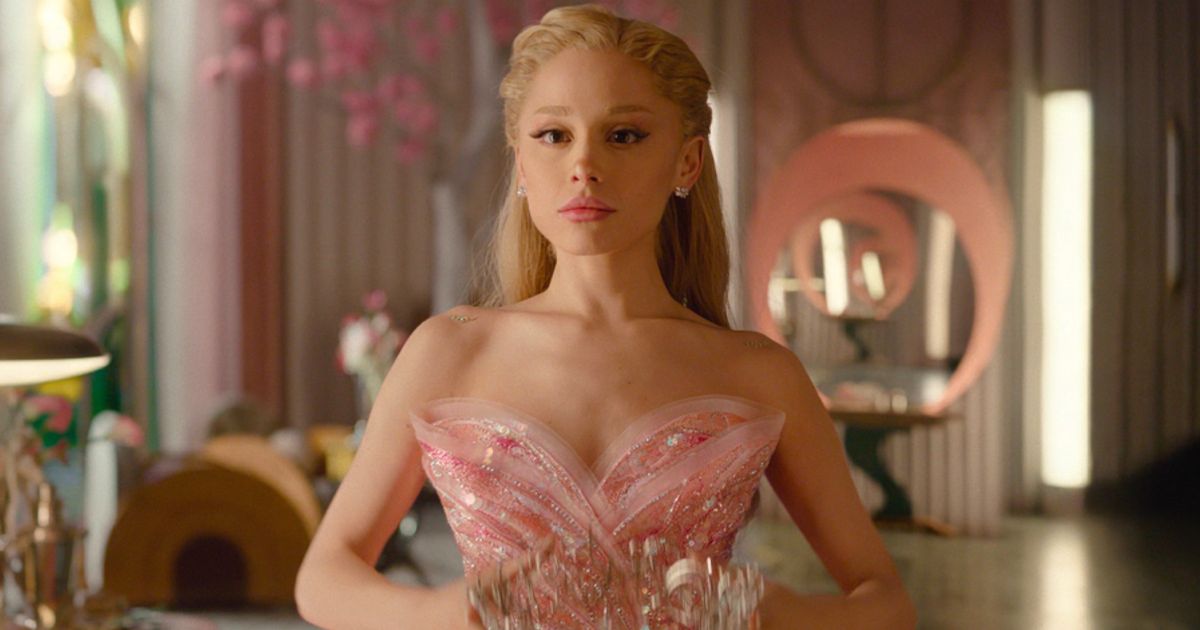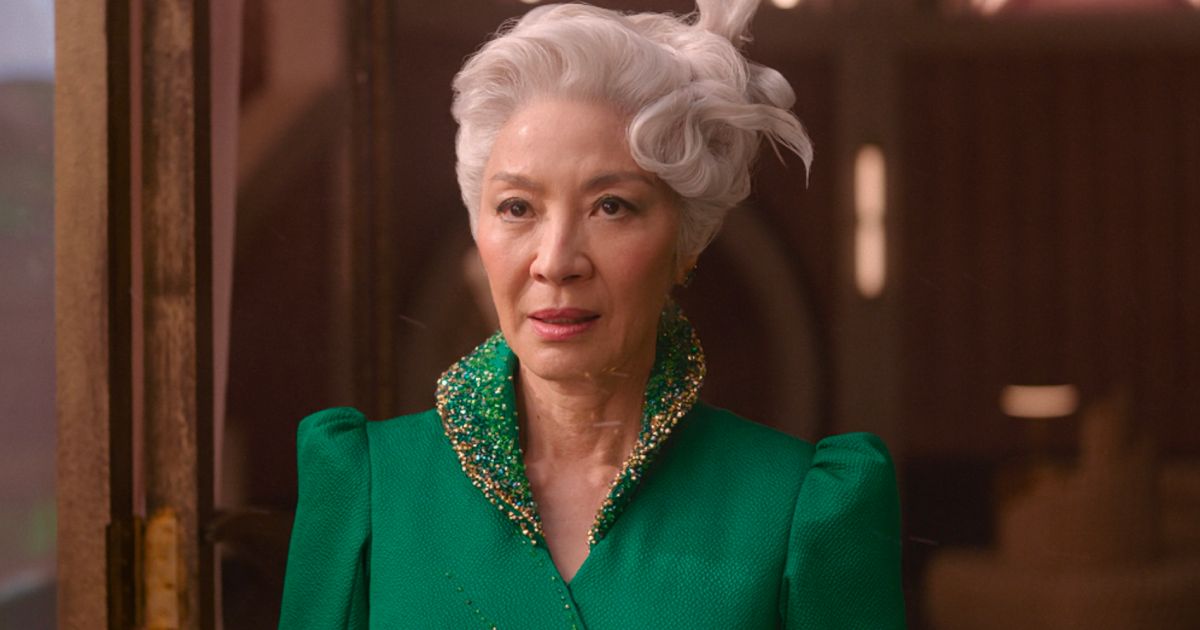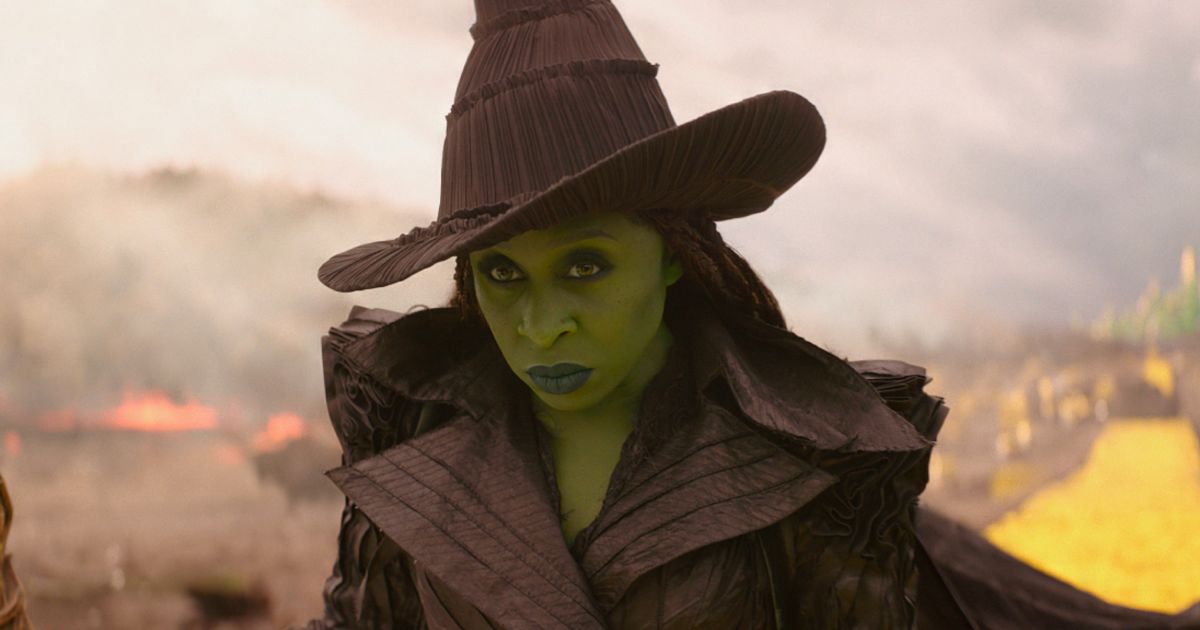The latest film releases are I.S.S., The End We Start From, The Kitchen, and Founder’s Day. Weighing in are Katie Walsh, film reviewer for the Tribune News Service, the Los Angeles Times, and The Wrap; and William Bibbiani, film critic and co-host of the podcast Canceled Too Soon and The Critically Acclaimed Network.
I.S.S.
In this science fiction thriller, the U.S. and Russia are each trying to take over the International Space Station. Academy Award winner Ariana DeBose and Chris Messina play astronauts who watch a war break out on Earth below them.
Walsh: “There’s three American astronauts and three Russian cosmonauts on this International Space Station and they each receive a separate message … to take control of the space station as they see this crazy nuclear attack happen on the planet below them.
But the most tension comes not from action sequences. But there’s a conversation where two astronauts are making a sandwich, and you’re on the edge of your seat because everything becomes so loaded and so meaningful. … Is this person manipulating me? Is this person going to pull something? Because in the beginning of the movie, we see that they’ve all developed this really nice friendship. … It’s this happy unity. But it’s an interesting reflection of what happens on the earth … happens on the space station in microcosm.”
Bibbiani: “What we’ve got here is a great concept and a pretty darn good cast. And I think it struggles to be a thriller when it tries to actually give you the thrills. There’s a sequence in the movie, for example, where two people are trying to fight, and there might be a fight to the death. And it’s in zero gravity. And it’s hard to make that look exciting or intimidating because of the very nature of everyone floating around helplessly.”
The End We Start From
This British survival thriller follows a woman and her newborn baby who are trying to get home amid an environmental disaster in London. It stars Jodie Comer and is based on the 2017 book of the same name.
Bibbiani: “I am of the belief that there are only three kinds of movies. There are post-apocalyptic movies; there are pre-apocalyptic movies, which is most movies; and then there’s mid-apocalyptic movies. And this is a mid-apocalyptic movie. And I find those to be the most depressing because you actually get to see how everything falls apart. I found this movie very thoughtful, and I thought the performances were very sensitive and endearing. But it’s one of those things where I’m watching this and I’m just like, ‘So no real hope then?’”
Walsh: “It was hard to watch at times because it feels very realistic, not only in the fact that it is torrential flooding … but also in the way that you see society break down. These shelters, the scarcity of food causing people to get really desperate, the way some people just run away and isolate themselves from it. … I think Jodie Comer is probably one of the best actors working today. She’s incredible in this film, and she basically hikes all over England with a baby strapped to her chest. So it’s quite a performance.”
The Kitchen
This dystopian drama is set in London, where there’s an enormous gap between the rich and poor, and all social housing is gone. Residents of a community called The Kitchen refuse to abandon their homes.
Bibbiani: “Class disparity has led some people to live in … very solace but very beautiful, well-maintained buildings, and everyone else is living in basically this part of the city that is just falling apart. But it’s their home. And in an effort to basically take all of that land from squatters, there are just random raids all the time, just to drag people away, and then we never see them again. It’s very bleak.
… The world itself … isn’t a world that we haven’t seen before. … I don’t see anything here that couldn’t have come across in a short. It just feels really padded. And unfortunately, it’s just not very engaging either in its plot or its characters, so I was disappointed.”
Founder’s Day
This slasher film is set days ahead of a highly contested mayoral election, as a series of murders begin to unfold in a small town. The killer? Someone wearing a powdered George Washington-style wig and wildling a gavel.
Walsh: “It’s the most formulaic slasher I’ve ever seen. It’s also about 20 minutes too long. And I did not find this compelling at all. It’s like they know slasher movies so well, they know them too well because everything just unfolds beat by beat by beat exactly how you kind of think it will.”
Bibbiani: “The thing about slasher movies and the thing about any kind of formulaic movie whether it’s slashers, romantic comedies, is that genre gives you a skeleton, and on top of that skeleton, you’re supposed to put something fresh, a new coat of paint here. … The way that it tries to tie this all into some sort of political statement is really thin. And I don’t think it really gets at all of the divisiveness and all of the real anger at the heart of a lot of modern political discourse, which can be, and has been, the source for excellent horror movies before. The entire Purge series is based on how angry we are politically right now and really spoke to the moment for better and mostly worse.”































